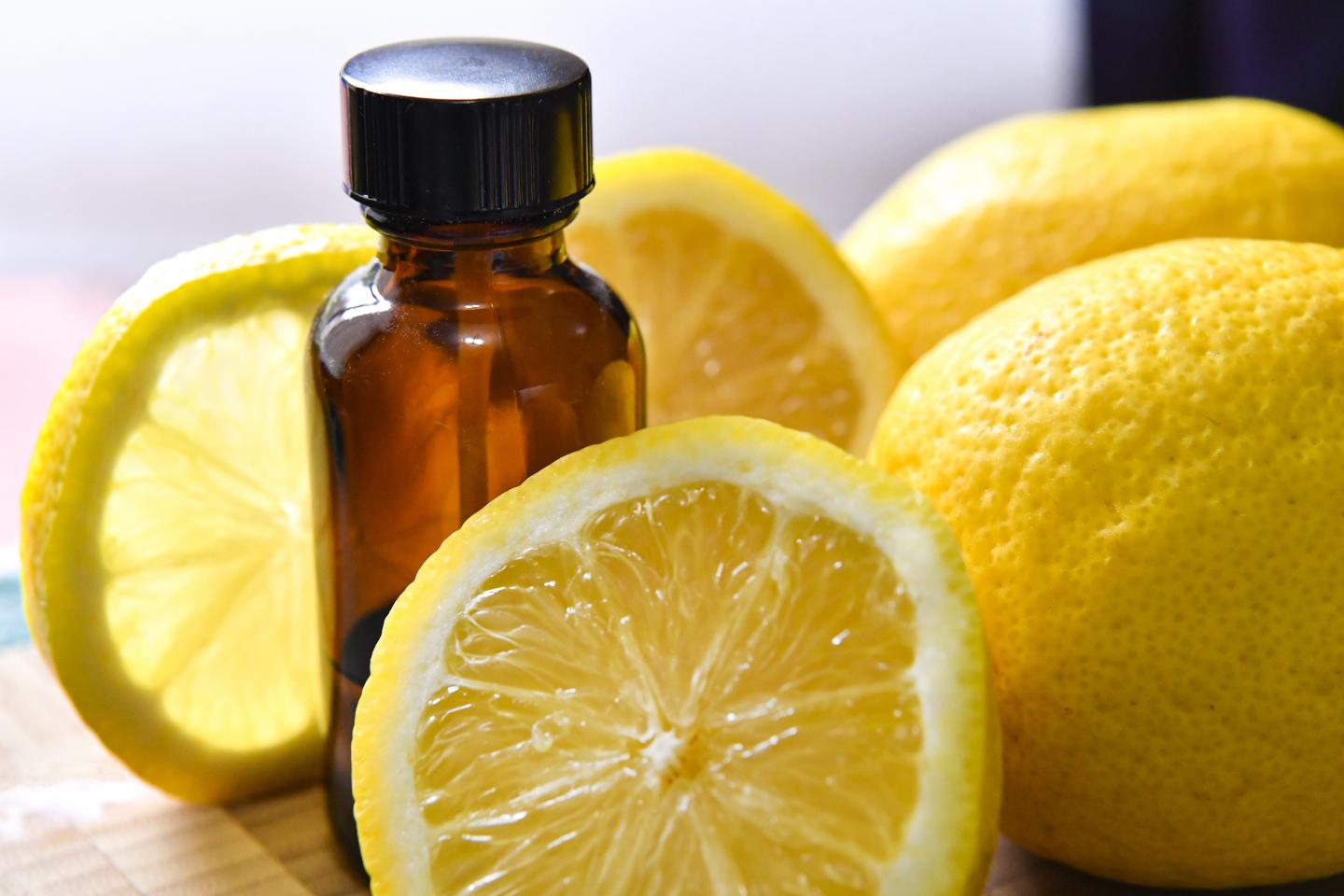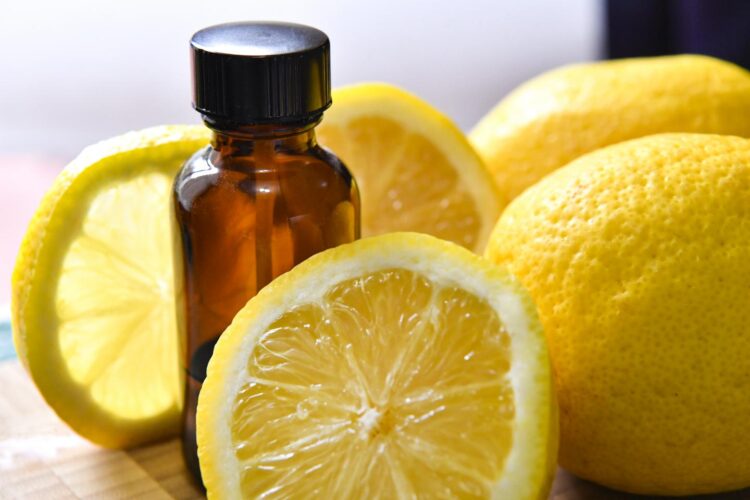
Credit: Jennifer Shephard/West Virginia University
Even under normal circumstances, nursing can be a stressful profession. The COVID-19 pandemic only exacerbates it.
New research led by Marian Reven, a Ph.D. student in the West Virginia University School of Nursing, suggests that aromatherapy may reduce nurses’ on-the-job feelings of stress, anxiety, exhaustion and being overwhelmed. Her pilot study results appear in the International Journal of Professional Holistic Aromatherapy.
“If we can improve our nurses’ emotional reserves and give them more resiliency by using aromatherapy–give them a place to step back, to do some mindfulness–we’re doing a good thing at the other end of it by improving patient care,” she said.
In an eight-week study, she and her colleagues–WVU researchers Janelle Humphrey-Rowan and Nina Moore–provided aromatherapy patches to 19 nurses who worked at the Infusion Center at the WVU Cancer Institute. The nurses affixed the patches to the badges they wore on lanyards around their necks. The patches were infused with a citrusy blend of essential oils: lemon, orange, mandarin, pink grapefruit, lemongrass, lime and peppermint.
“I sat down with people from the WVU Cancer Institute’s Mary Babb Randolph Cancer Center, and we smelled three different oil blends,” said Reven, a registered nurse with WVU Medicine and certified, registered aromatherapist. “When they smelled this blend, everybody’s face lit up, and they were immediately happy.”
Cutting stress levels in half
The nurse participants wore aromatherapy patches on their ID badges for four-to-eight-hour stretches, on eight separate occasions, while working at the infusion center.
Before and after wearing the patch each time, study participants completed a survey about their moods. They reported how strong certain emotions were, on a scale of one to 10.
The researchers found that participants felt significantly less stressed, anxious, fatigued and overwhelmed after wearing the aromatherapy patches. The levels of anxiety and fatigue they reported fell by 40 percent, and their stress levels and feelings of being overwhelmed decreased by half.
“Oncology nurses face a type of stress that is unique,” Reven said. “There are so many cancers that are considered chronic illnesses that oncology infusion center nurses probably see these people for years instead of months. They know them. They get very invested in their lives.”
“It’s a stressful job,” said Laurie Theeke, professor and director of the Ph.D. Program at the School of Nursing and nurse practitioner in the Department of Family Medicine. “You’re dealing with life or death or chronic illness every day. And people in all of the health professions are stressed. This doesn’t just have application to nursing. It’s about workplace stress.”
Stressful times, lonely patients
Aromatherapy might improve patients’ moods, too, particularly during the COVID-19 pandemic, when hospital patients can’t receive visitors.
“I work nightshift weekends,” Reven said. “Last weekend, several of the patients tugged on my heart strings. They missed their family and friends so much during this time of ‘no visitors.’ I just wanted to be able to do something more for them. An aromatherapy patch with lavender or citrus might have helped.
“As a nurse, I spend a lot of time at the bedside of very ill people,” she added. “I often think, ‘How would I feel if it was me?’ I get very sad sometimes watching the suffering, and yes, I personally use aromatherapy to help with my resiliency.”
Loneliness isn’t just unpleasant. It’s also a predictor of depression, functional decline and mortality.
“People do die of loneliness,” Theeke said.
The research results also suggest that aromatherapy might make people outside of healthcare settings feel better as they shelter in place to prevent the spread of SARS-CoV-2, the virus that causes COVID-19. After all, a patch on an employment badge isn’t the only way to use essential oils. Someone can plug in an essential oil diffuser or simply add a drop of pure lavender essential oil to a teaspoon of lotion.
Reven emphasized the importance of buying essential oils only from reputable sources.
“There are two professional organizations that can give the layperson credible information about where to find essential oils and how to use them safely: the Alliance of International Aromatherapists and the National Association of Holistic Aromatherapy,” she said.
But you don’t have to buy anything special to enjoy the benefits of aromatherapy. Common household items, used during common household tasks, can be enough.
“Baking is aromatherapy,” Reven said. “Cutting up an orange is aromatherapy. We need some aromatherapy all the time.”
###
Citation
Title: West Virginia University oncology nurses don aromatherapy patches: A pilot feasibility study
Link: https:/
Media Contact
Wendi MacKay
[email protected]
Original Source
https:/





